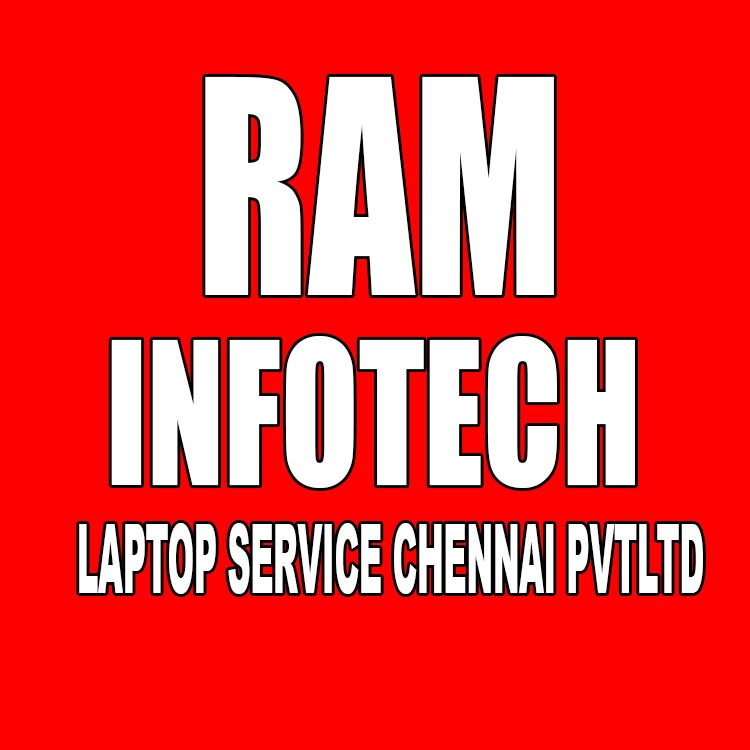Free Classifieds at INNetAds.com - View Item Content by ID 2820834

Item ID 2820834 in Category: Computers - Software
Cannot view this item. It could be pending, expired or deleted.
Below item is randomly selected from the same category and may have similar content.
Toshiba Hard Disk Data Recovery Services in Chennai | |
Ram Infotech No.1 data recovery chennai |hard disk recovery | hard disk recovery services chennai | professional data recovery chennai seagate | western digital | toshiba | fujisu | hitech data recovery centre in chennai | external hard disk data recovery chennai |wd my passport data recovery | hard disk password revocery| chennai data recovery |crashed , recover deleted files | seagate data recovery | wd data recovery | seagate data recovery india | deleted data recovery | pen drive data recovery | hard drive data recovery | seagate data recovery chennai | data recovery | data recovery services | hard disk data recovery | western digital hard drives, data recovery for memory cards and flash drives external hard disks seagate | external-hard-disks dell | external-hard-disks hp | external-hard-disks transcend | external-hard-disks hitachi  | |
| Related Link: Click here to visit item owner's website (0 hit) | |
| Target State: Tamil Nadu Target City : chennai Last Update : 18 February 2025 6:10 PM Number of Views: 12 | Item Owner : Joswarajan Contact Email: Contact Phone: 7092114411 |
| Friendly reminder: Click here to read some tips. | |
© 2025 INNetAds.com
USNetAds.com | GetJob.us | CANetAds.com | UKAdsList.com | AUNetAds.com | CNNetAds.com | Hot-Web-Ads.com | USAOnlineClassifieds.com
2025-02-19 (0.577 sec)